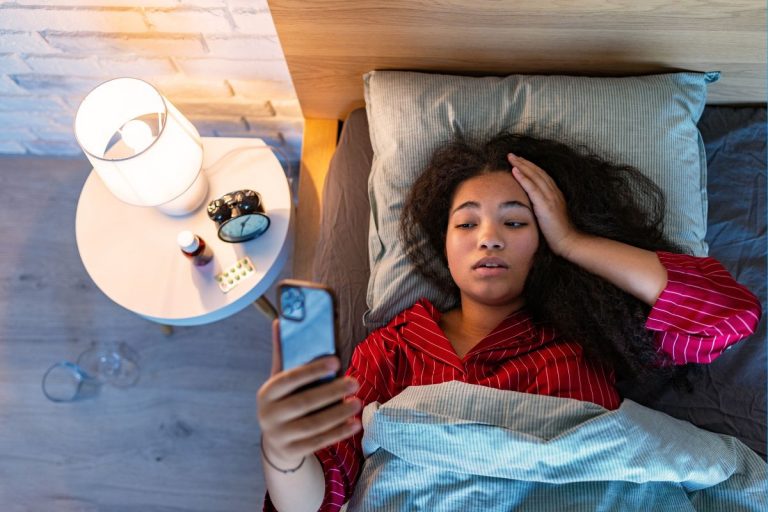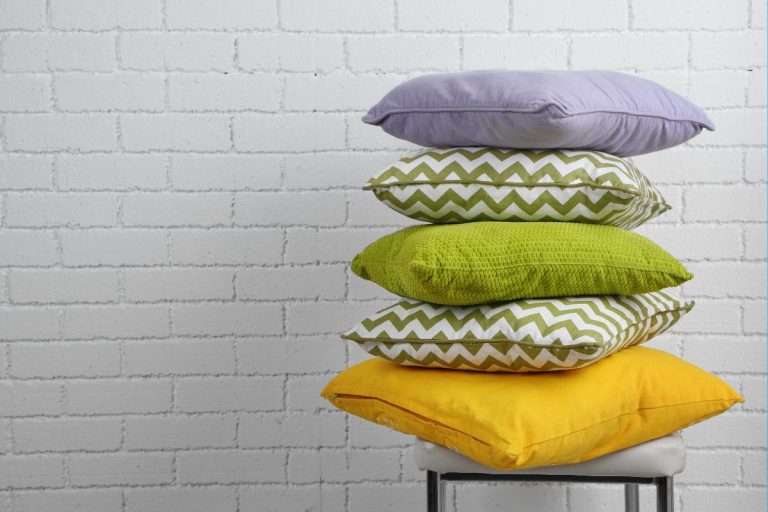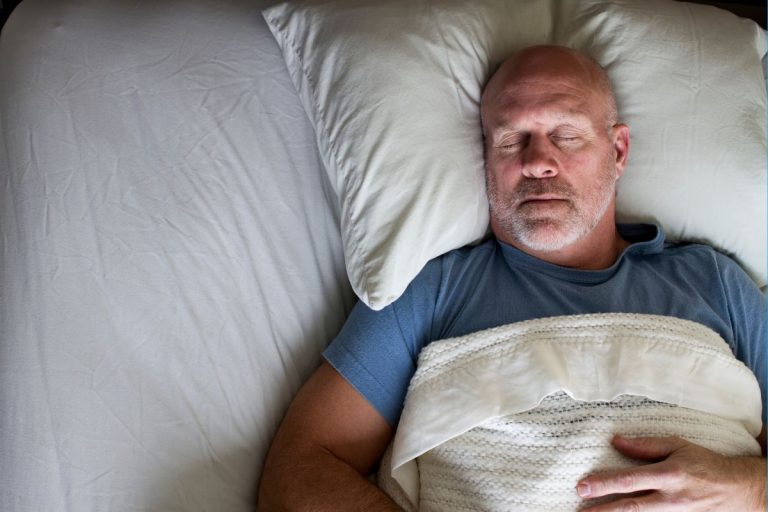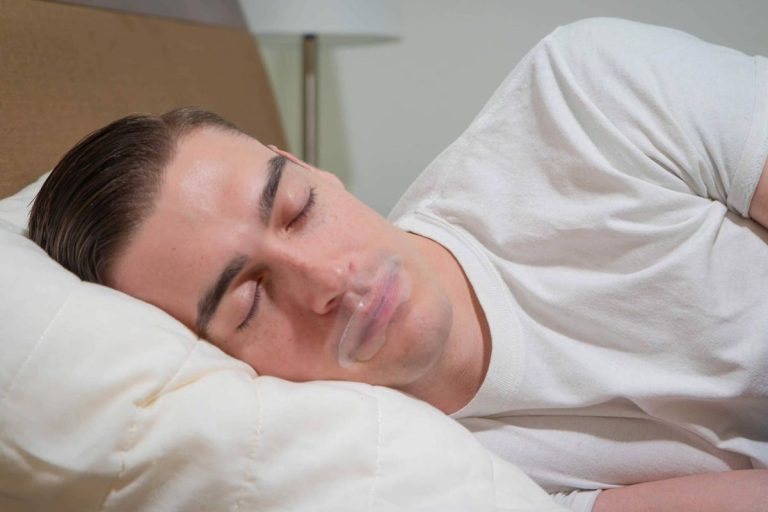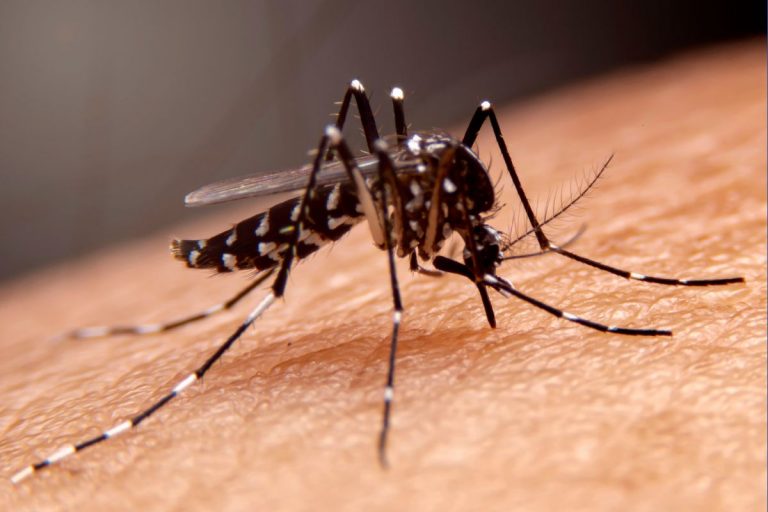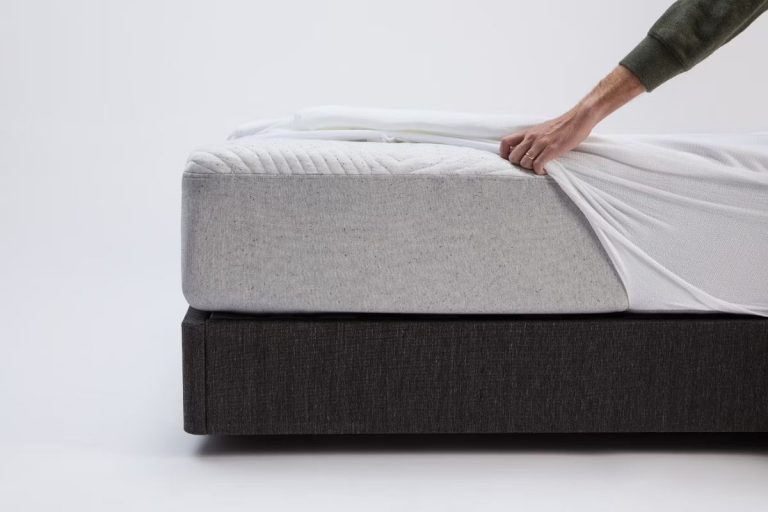Sleep is one of our main activities. Assuming 8-hour sleep nights, we sleep for about a third of our life. In fact, sleep is so important that the younger you are, the more you should sleep, with toddlers needing up to 16 hours of sleep every day.
Our daily lives are full of potential things that can make sleeping hard: the stress of our daily lives, our sedentary lifestyle, the readily available caffeine, alcohol, and sugary foods.
As if all of that wasn’t enough, noise levels are way higher now than they used to be.
And what about people who live in noisy environments, like a busy street, or nightlife districts?
That’s where earplugs come into play. They are a very simple small device you put in your ear to isolate yourself from outside noise. They are a great aid in fighting noise that stops us from sleeping. In fact, earplugs improve the subjective sleep experience of critical care patients.
However, as with everything else you put in your body, you must be careful: earplugs can constitute a health hazard.
In this article, I am going to analyze earplugs, assess their benefits and risks, and hopefully make it clearer for you if you should use them or not.
I’m also going to give you actionable advice on how to improve sleep quality, and how to ensure correct earplugs usage.
Keep reading to learn everything you need to know about earplugs!
Why good sleep matters
Sleep is the second most important activity we do in our life, right after breathing. Think about it: you spend about a third of your life sleeping. Good sleep is crucial to ensure a healthy life.
But good sleep isn’t always easy to achieve, especially in certain areas. Our habits can have a huge impact on sleep, and so does the environment.
What if you live in a noisy area? The best way to solve the issue is with earplugs: they’ll isolate your ears from the sounds that are keeping you up at night. However, there are potential issues coming from regular use of earplugs that we will analyze later in the article.
What happens with chronic poor sleep? Keep reading to find out.
The risks of poor sleep
The occasional night of poor sleep doesn’t have lasting effects on our health. Yeah, I know, feeling like a zombie is no fun, but if it happens once a month it’s whatever.
However, chronic poor sleep is a serious health problem that you must tackle. Not getting enough sleep not only makes performing daily tasks much harder, but it might also increase reliance on certain substances that alter our brain’s chemical balance.
It also increases stress (which in turn makes sleeping harder) and worsens your mood. Poor sleep also makes your immune system weaker.
If the problem persists, and you keep not getting enough sleep, you risk developing several diseases:
- Dementia
- Heart disease
- Type 2 diabetes
- Obesity
- Cancer
This isn’t just a matter of not being at your 100% throughout the day, it’s a serious issue that will impact your future life.
Habits that improve sleep
Here is a small list of things you can do today to improve sleep quality. These are not a replacement for earplugs, rather they should be used together with earplugs to ensure great sleep:
- Exercise regularly
- Don’t binge drink or eat right before bed
- Go to bed at the same time every night
- Don’t watch screens before going to bed
Okay so, I could easily replace all of these with: “be a little more disciplined”, but I know how hard it can be, so here’s how you do it.
Start with the easiest one for you. For most people, it’s going to bed at the same time every night. Just go to bed and try to sleep. The first times it will be awful, and you probably won’t fall asleep anytime soon, but you have to start somewhere.
Once you get used to your new bedtime, you’ll start feeling sleepy a little before it, that’s already a victory. Next, go for regular exercise. Since you will have a decent sleeping pattern, you will feel more energized, so you can channel the energy towards physical activity.
As for the other two items on the list, I don’t really have an actionable plan to get rid of them, but you can at least minimize the effects of screens on your eyes and brain by turning off blue lights during the evening. You can do it via software for your PCs, and on the settings of your phone (works for both Android and iOs phones).
Do Earplugs Improve Sleep Quality?
I know, it’s hard to sleep when you’re a night owl and there’s a construction site next to your house that starts operating at 8 AM.
That’s why earplugs are a widespread solution to many sleeping issues. If you are a light sleeper and noise wakes you up easily, earplugs will drastically improve your sleep’s quality.
However, there are some caveats when it comes to earplugs that we will analyze more in depth soon.
Also, while it’s true that external noise is a big issue for many people worldwide, earplugs aren’t necessarily the best solution. Since they are affordable, I always suggest to try them out and see if your sleep quality improves.
If it doesn’t, noise might not be your biggest issue, but the cause might be poor sleep hygiene, or your pre-bed habits.
Types of earplugs
There are many types of earplugs available on the market. In this section, I am going to focus on the earplugs that are made for sleep.
Note that all types of earplugs isolate your hearing, and their main differences are in how comfortable they are to wear. Some people will find foam earplugs unbearable, and will rather use silicone or wax earplugs.
- Foam earplugs
These are your general earplugs. They are affordable and work well in most situation, including when you sleep. Their biggest flaw is that you need to replace them often, as they become dirt really quick.
- Silicone earplug
These are more malleable than foam earplugs, making them a better solution for people for people who find regular foam earplugs uncomfortable. They are a bit more expensive, but comfort is your #1 priority when it comes to sleep, so they are worth the price increase if foam earplugs annoy you.
- Wax earplugs
Wax earplugs can seal the ear canal’s entrance without actually going into the ear, which makes them more comfortable.
Risks of Sleeping with Earplugs
Are earplugs safe? Yes, for the most part they are. There are minor risks associated with earplugs, but with proper care, none of these will become an issue.
The biggest risk of regular earplugs usage is the possibility of earwax to deposit inside the ear. When the deposit reaches critical mass, it can cause a temporal loss of hearing, and even tinnitus. Earwax can cause ear infections as well.
How do you combat this? Clean your ears regularly with ear drops if you use earplugs. That’s it. You don’t need to do anything too crazy. Just make sure your ears have proper hygiene, and you’ll be fine.
Our body sends us specific signals for when earwax is starting to build up inside our ear:
- Nausea
- Vomiting
- Dizziness
- The aforementioned tinnitus and other infections
- A general discomfort around the ear, like itching
Sleeping with earplugs can cause other minor issues, such as headaches. Be careful when you insert them in your ear, as you can push them too deep in and hurt your eardrum.
Conclusion
Earplugs are a fantastic aid in combating poor sleep. I know all too well what it means to live in front of a busy street, and what it means to have construction work right outside my window.
And I also know how miserable it is to sleep poorly multiple nights in a row.
Luckily for us, earplugs are a great way to solve the issue. Provided you are careful and exercise proper ear hygiene when you use them regularly, you will notice your life’s quality drastically improve.
There are no real downsides to sleeping with earplugs, as they are inexpensive, easy to use, and safe.
So, what are you waiting for? Purchase your earplugs today, and fix your sleep schedule. You will thank me for it.
Also Read:
